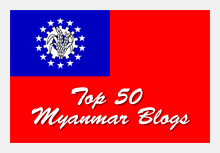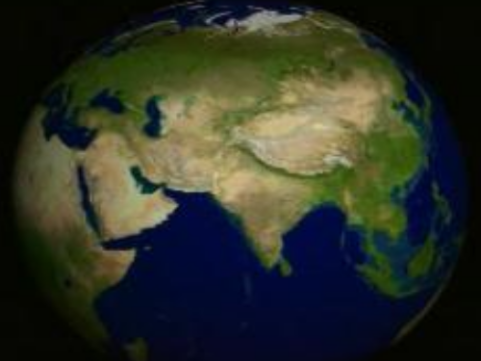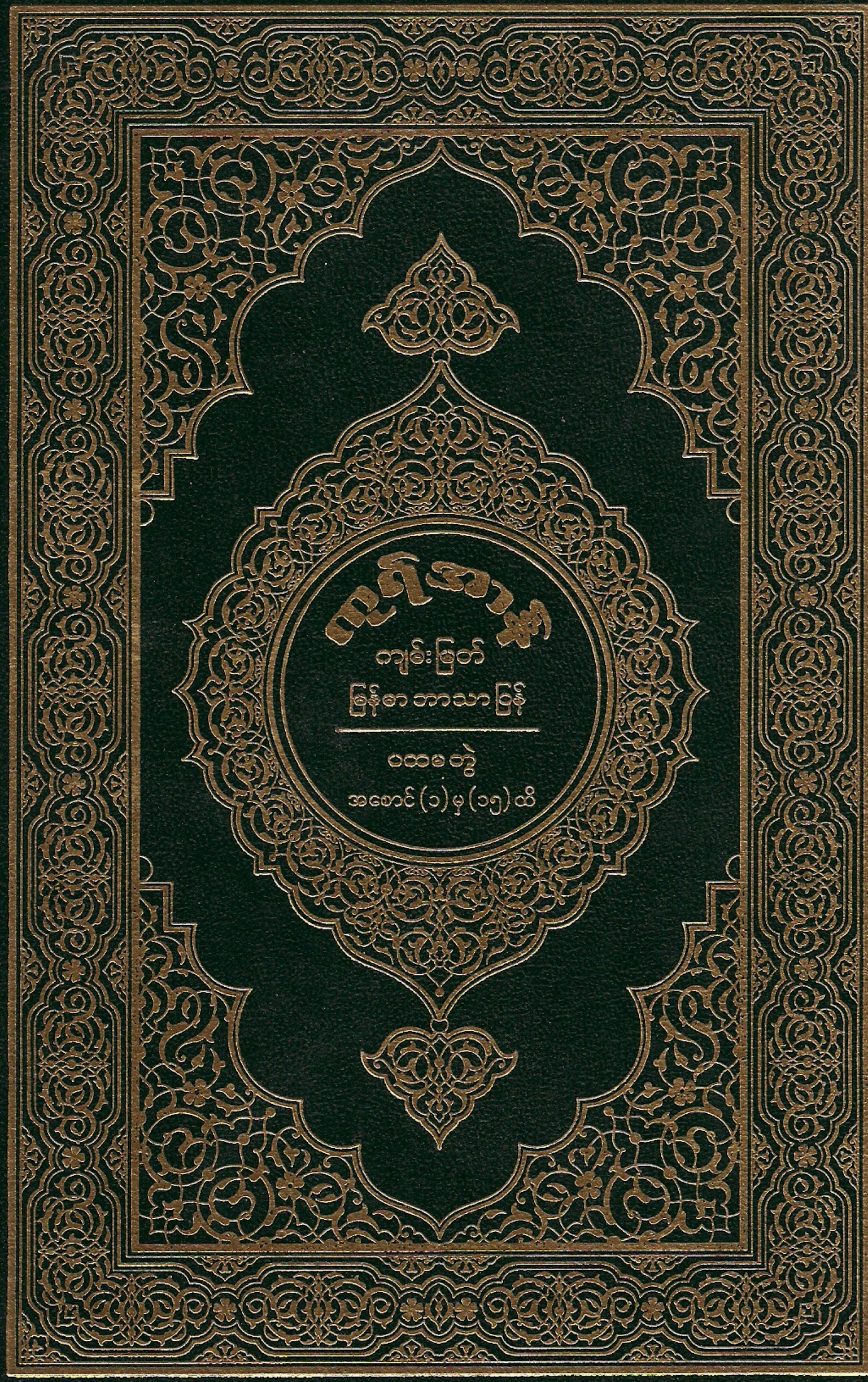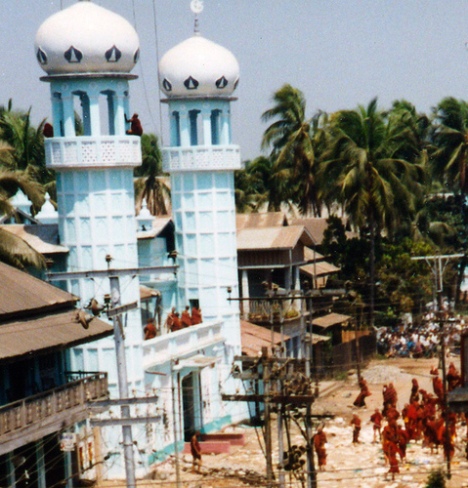There is no hope to solve the Palestine refugees,
Burmese refugees and various refugees’ problems around the world
According to the 1951 Convention relating to the Status of Refugees, “a refugee is a person, who owing to a well-founded fear of being persecuted for reasons of race, religion, nationality, membership of a particular social group, or political opinion, is outside the country of his nationality, and is unable to or, owing to such fear, is unwilling to avail himself of the protection of that country”.
It is very difficult to clearly differentiate the real refugees from the so-called economic migrants. There is a very thin and faint line between these two categories.
I think UNHCR and its Chin translators are knowing assisting the 99.99% of Chins who were bluffing lying and pretending to be victims of prosecution. Most of them are economic migrants just want to be settled in developed countries.
Chin translators are doubling as agents to teach them how to give the POLITICALLY CORRECT ANSWERS so that all the Chins could be classified and pass the UNHCR TESTS.
Chin translators are working as the same time as toll collectors to facilitate the access to the UNHCR office.
With the present situation in Burma, we have to think whether we really can or need to clearly differentiate them. We should consider and see this from a holistic viewpoint, not only in Burma but also in other countries where similar widespread socio-economic problems originated in political conditions which are difficult to resolve.
So UNHCR should just directly any person from Myanmar as 99% of Chins they passed are cheaters only.
- Asylum seekers are put into refugee camps that are managed by host governments and UNHCR in some countries.
- After a long wait for the interviews and some investigations, the refugees are issued with RSDs or Refugee Status Determination certificates.
We should not forget that the Palestinians are still in the UNHCR camps for more 50 years and although UNHCR had to spend a lot of money, the condition of the refugees in those camps is deplorable. Burmese refugee camps near the Thai-Burma and Bangladesh-Burma borders are in worse conditions and refugees are not happy with their status.
3. UNHCR is slow to accept, register, interview and process applicants for settlement in third countries.
In Malaysia, Thailand and Burma’s western neighbour countries, UNHCR has stopped new registrations at the present time.
Host governments do not seem very eager to settle the refugee problems so that they could continue putting pressure on the origin or source country. Arabs seem to keep the Palestinians as refugees to put pressure on Israel and to leverage world opinion.
Ethnic and religious links seem to play little or no part in the negotiations when considering the re-settlement of world refugees including Burmese refugees.
Refugees like the Burma’s Shans in Thailand (who are known as Thai Yai, meaning Big T hai) are likewise cold-shouldered by the hosts. Thais do not wish to keep their ethnically similar Buddhist brothers, Shans, Mons and Karens. (There are Buddhist and Christian Karens.) Some historians have commented that Thais definitely have a hidden agenda in keeping their cousins, some of whom are rebels, as a buffer against their strong Burmese enemy. This has been going on for few centuries.
Chins in India are related to the Mizorams and Rohingyas (who are closely related to Chittagonians) in Bangladesh, and Burmese Muslims in Malaysia also are facing the same problems with their ethnic and religious “brothers”.
Because of all these problems, it was no wonder that at the meeting organized among Altsean-Burma, Burma Border Consortium, Burma Issues, Forum Asia, Jesuit Refugee Service and Non-Violence International, which coincided with the visit to Pang Tractor refugee camp in Maehongson by Rev Jesse Jackson, the scathing remarks of Sunai Phasuk from The Asian Forum for Human Rights and Development (better known as Forum Asia) were made:
“UN High Commissioner on Refugees is doing little to protect its charges.”
Dr Mark Tamthai of Thailand’s National Security Council (NSC) supported Sunai Phasuk’s attack.
Ms Kirsten Young from the UNHCR’s Bangkok regional office lamely replied that “refugee protection is mainly state responsibility.”
As long as there is no respect for the RIGHTS OF ETHNIC MINORITIES AND DISCRIMINATIONS against the minority religions, there is no hope of stopping people leaving Myanmar. Mary Robinson, High Commissioner for Human Rights (1997-2002) wrote: “… today’s human rights violations are the causes of tomorrow’s conflicts.”
Filed under: Burma |












+(Small).jpg)


Leave a comment